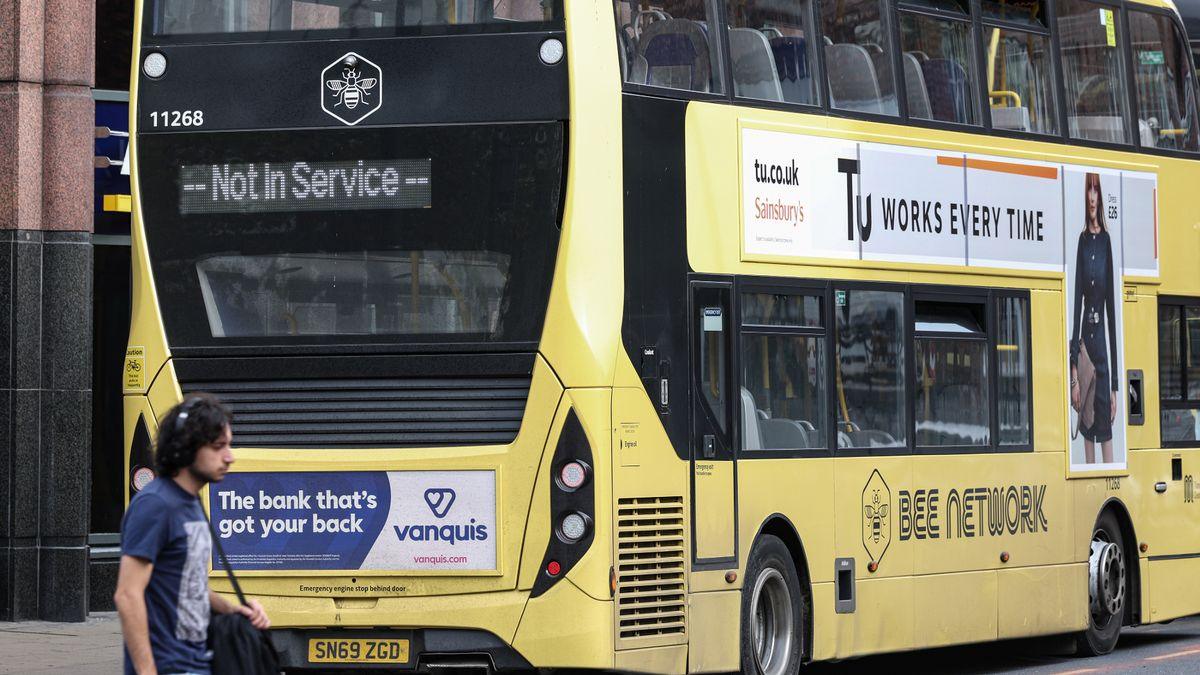Understanding the Bus Strikes in Manchester

Introduction
The ongoing bus strikes in Manchester have garnered significant attention as they disrupt daily commutes and raise concerns over public transport reliability. With public transport serving as a lifeline for many residents, the implications of these strikes extend beyond inconvenience, highlighting the necessity of efficient transportation within urban areas.
The Current Situation
As of October 2023, Manchester has been facing a series of bus strikes led by local transport unions in response to disputes over pay and working conditions. Over 1,000 bus drivers from major operators, including Stagecoach and First Bus, have participated in strikes, which have significantly affected the city’s public transport network. The strikes first began on 1st October and have resulted in the cancellation of hundreds of bus services each day.
Trade unions have expressed their frustration with the slow pace of negotiations, demanding fair wages and better working hours to reflect the rising cost of living. Union representatives have mentioned that drivers have been “underpaid and undervalued,” particularly in the wake of increased workloads since the pandemic.
Public Response and Alternative Options
Many commuters have expressed their discontent regarding the disruptions caused by these strikes. Local media reported that residents have had to look for alternative transport options, including cycling, walking, or using ride-sharing services, all of which have seen increased demand and, in some cases, inflated costs.
Local businesses are also feeling the pressure, as foot traffic has declined during peak hours due to reduced bus services. With many workers relying on buses to get to their jobs, businesses, especially in the hospitality and retail sectors, are concerned about a continued impact on revenue.
Future Implications
As negotiations between the bus operators and unions continue, the possibility of prolonged strikes looms, suggesting further disruption of services. Transport experts warn that persistent strikes could push commuters to seek permanent alternatives to using buses, creating lasting shifts in public transport usage in Manchester.
The local government and transport authorities are urged to intervene and facilitate discussions, with hopes to reach a resolution that satisfies both drivers and commuters alike. A failure to resolve the situation promptly could catalyse further unrest and discontent among the workforce.
Conclusion
The bus strikes in Manchester are a critical issue that not only affects daily commuters but also has broader implications for the city’s transportation infrastructure and local economy. As both sides strive for a resolution, the outcome will be keenly observed by residents and stakeholders alike, reinforcing the importance of sustainable and fair working environments within essential services like public transport.
